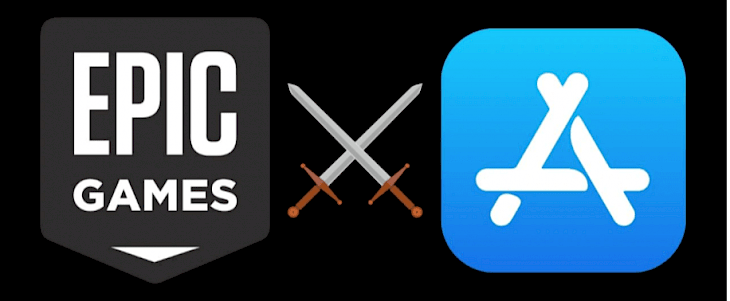
If Apple loses the trial with Epic Games, it will be forced to make significant changes to the App Store and the way people invest money in its ecosystem. Here are the most likely cases and what Apple will have to do to comply with a court order.
Apple and Epic Games are locked in a legal dispute for ownership of the App Store, as well as the iOS and iPadOS ecosystems. It's a high-stakes fight that could have a major impact on how applications are purchased and used on the iPhone and iPad, as well as Apple's sales.
It's a lawsuit that could cost Apple billions of dollars if anything goes Epic Games' way — and not just in terms of damages.
If Epic wins in court, Apple could be forced to change its rules on what apps can and cannot do, potentially reducing Apple's future revenue.
Although the legal framework in the United States will have to decide if something needs to be changed and how far to go if changes are required, the changes could significantly impact the user experience.
This court battle will drag on for years. Regardless of who wins, there will be a barrage of appeals, with the case potentially ending up in the Supreme Court.
However, it's likely that, once all is said and done, Apple will fail and be forced to change the App Store.
What is it that Epic wants Apple to do differently?
Epic's legal battle with Apple is complicated enough to require three weeks of court time. However, if the court rules against Apple, it boils down to a few main goals that Epic and other developers might profit from.
For starters, Epic needs to be able to accept alternate payment methods for app-related transactions. It wants to be able to give users the option of paying for in-app purchases through a payment provider other than Apple's, such as its own.
Epic also needs to be able to inform customers that there are other options for paying for products besides using their computer.
Current policies prohibit apps from engaging in such conduct, such as informing customers that they can get a better offer on the company's website.
Apple's transaction fee for in-app purchases is also at risk. Developers who earn less than 1 million USD a year pay 15%, while those who earn more than that pay 30%. Subscription fees vary, but they start at 30% and drop to 15% if a customer sticks with a service for a year.
Finally, Epic needs consumers to be able to side-load applications without having to go via Apple's App Store.
It needs consumers to be able to purchase applications and other products from a third-party app marketplace that is entirely separate from the App Store and Apple's digital storefronts.
Epic stands to benefit in some way from being given such compromises on each of these points, which range from minor to major improvements to iOS' fundamental existence. Others may be introduced as policy changes, whereas others could necessitate a significant amount of effort.





